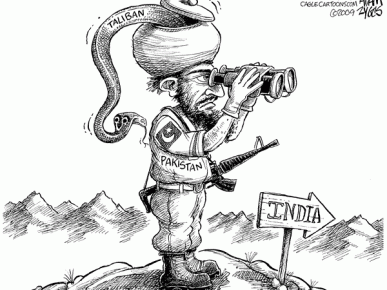Kudos to @alexjoske @ASPI_org for highlighting these sources: https://t.co/vDSdjhyLK7
Who goes to work for China’s defense industry? In our latest, @emily_sw1 and I mapped talent flows between 🇨🇳 universities and defense SOEs.
🚨 We found that U.S. tech companies are indirectly aiding China's military.
Thread: (1/10)
Kudos to @alexjoske @ASPI_org for highlighting these sources: https://t.co/vDSdjhyLK7
Our dataset reflects the career moves of 140,000 Chinese university graduates in 2019.
6,000 took jobs at defense SOEs.
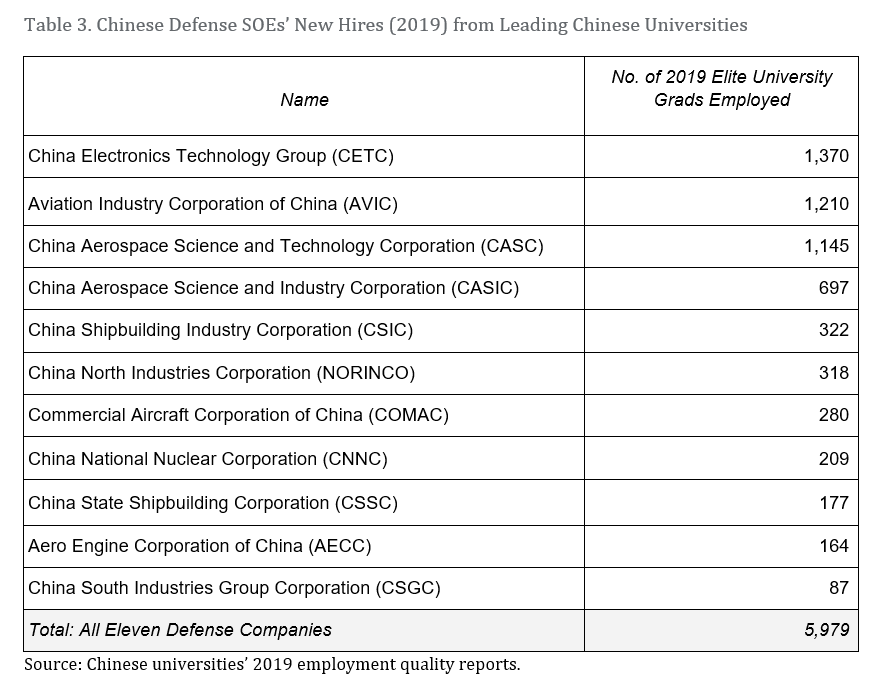
The Seven Sons produced just 16% of graduates in our dataset, but 72% of those who took jobs at defense SOEs.
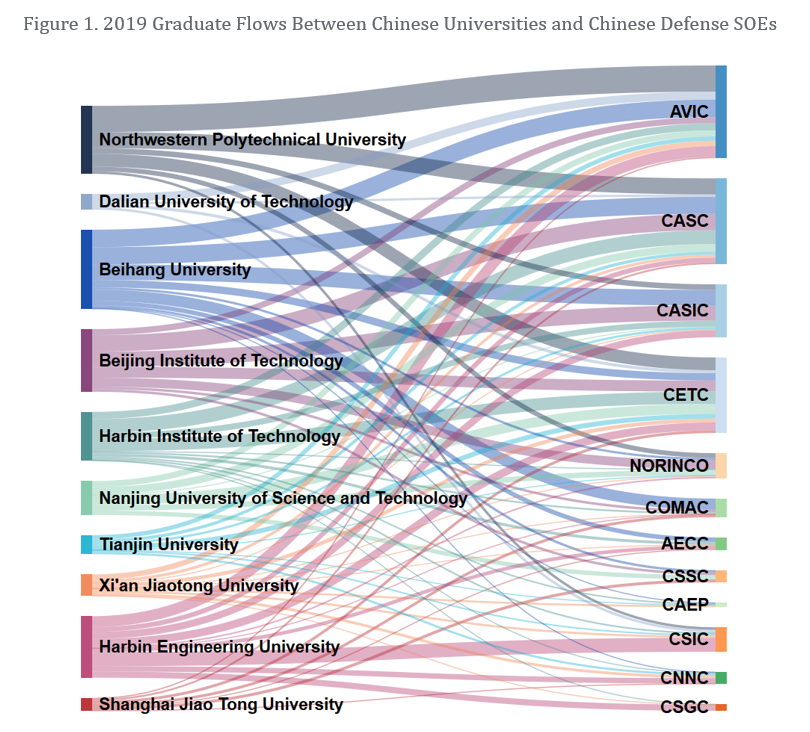
MOE frequently "asks" foreign companies to help Chinese universities in research & curriculum development—the price of doing business in 🇨🇳.
At MOE’s behest, 🇺🇸 tech companies have built the Seven Sons new lab facilities, trained faculty members, and developed course curricula on quantum computing, AI, and chip design.
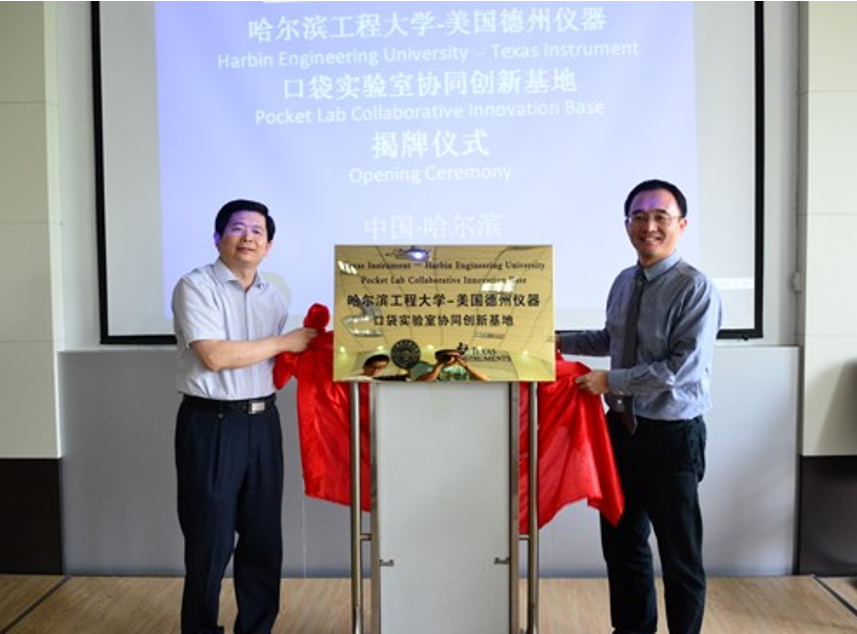
Autodesk, Dell, Google, Honeywell, IBM, Intel, Merrill Lynch, Microsoft, National Instruments, Rockwell Automation, Synopsys, Tektronix, and Texas Instruments
have partnered with the Seven Sons.
Beijing has tried for decades to source the equipment and knowledge to build advanced ICs.
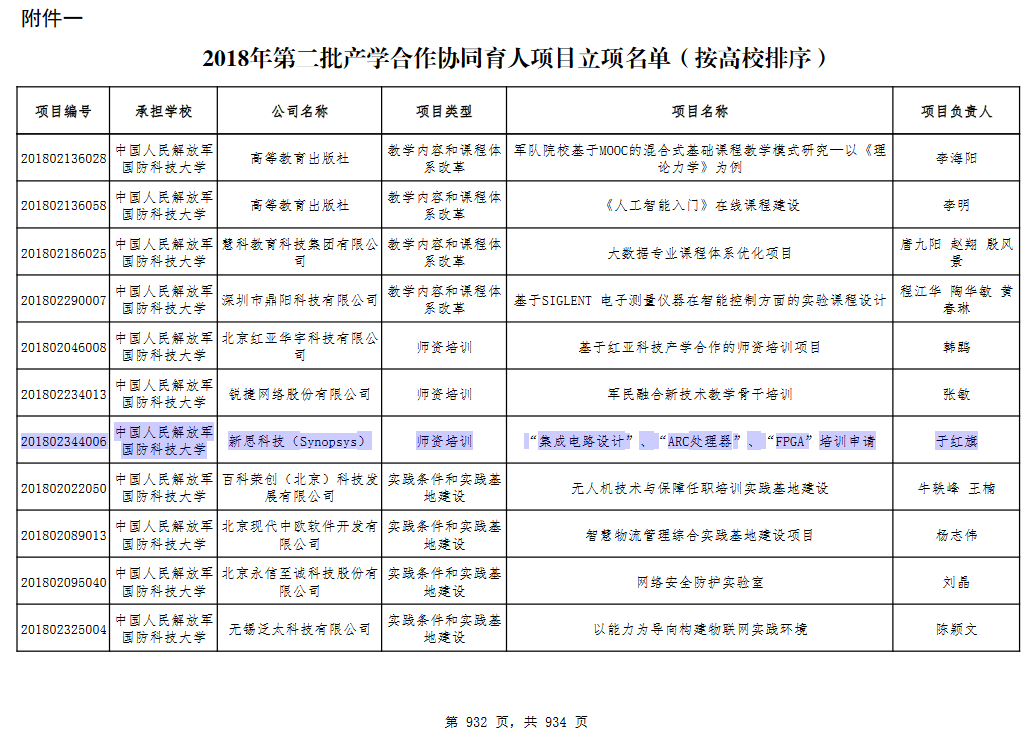
More broadly, U.S. tech companies and universities should step up due diligence when engaging with Chinese research institutions.
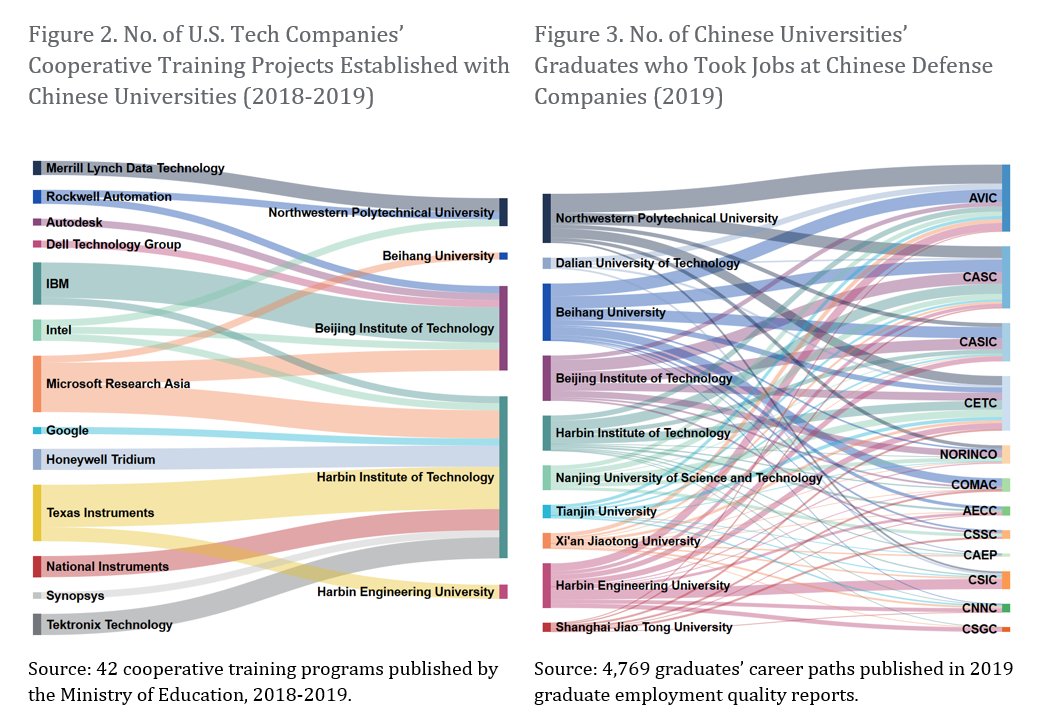
As always, my DMs are open for any questions: https://t.co/8tOypa53S2
More from China
THREAD: Last week, China’s Cabinet announced that, for the first time, fees will be charged for “excessive” freedom of information requests, potentially meaning huge out-of-pocket expenses for lawyers and others who rely heavily on public information from the Chinese government.
According to a notice published Dec. 1, government offices will be able to choose from two different rate schemes: one based on frequency, one based on size. https://t.co/KxUSE3dXEu
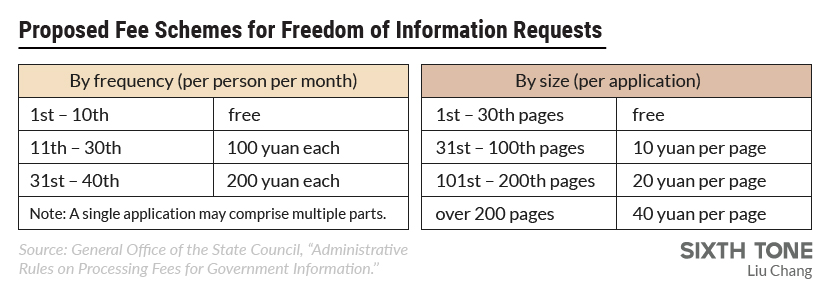
The “size” route is especially problematic. Here’s why:
If you’re an activist or a lawyer seeking a copy of an 800-page environmental impact assessment report, it’s going to cost you around $4,000 under this scheme.
In the past, disclosure requests were essentially free in China because there were no rules for charging fees.
In fact, last December an administrative agency in Shenzhen was ordered to reimburse an applicant after sending him a pay-on-delivery parcel.
According to the State Council’s Dec. 1 notice, the aim of adding the fees isn’t to generate revenue, but to “guide applicants to exercise their rights reasonably.”
Regardless of intention, however, the new costs will likely be a hindrance to those seeking public information.
According to a notice published Dec. 1, government offices will be able to choose from two different rate schemes: one based on frequency, one based on size. https://t.co/KxUSE3dXEu

The “size” route is especially problematic. Here’s why:
If you’re an activist or a lawyer seeking a copy of an 800-page environmental impact assessment report, it’s going to cost you around $4,000 under this scheme.
In the past, disclosure requests were essentially free in China because there were no rules for charging fees.
In fact, last December an administrative agency in Shenzhen was ordered to reimburse an applicant after sending him a pay-on-delivery parcel.
According to the State Council’s Dec. 1 notice, the aim of adding the fees isn’t to generate revenue, but to “guide applicants to exercise their rights reasonably.”
Regardless of intention, however, the new costs will likely be a hindrance to those seeking public information.
























